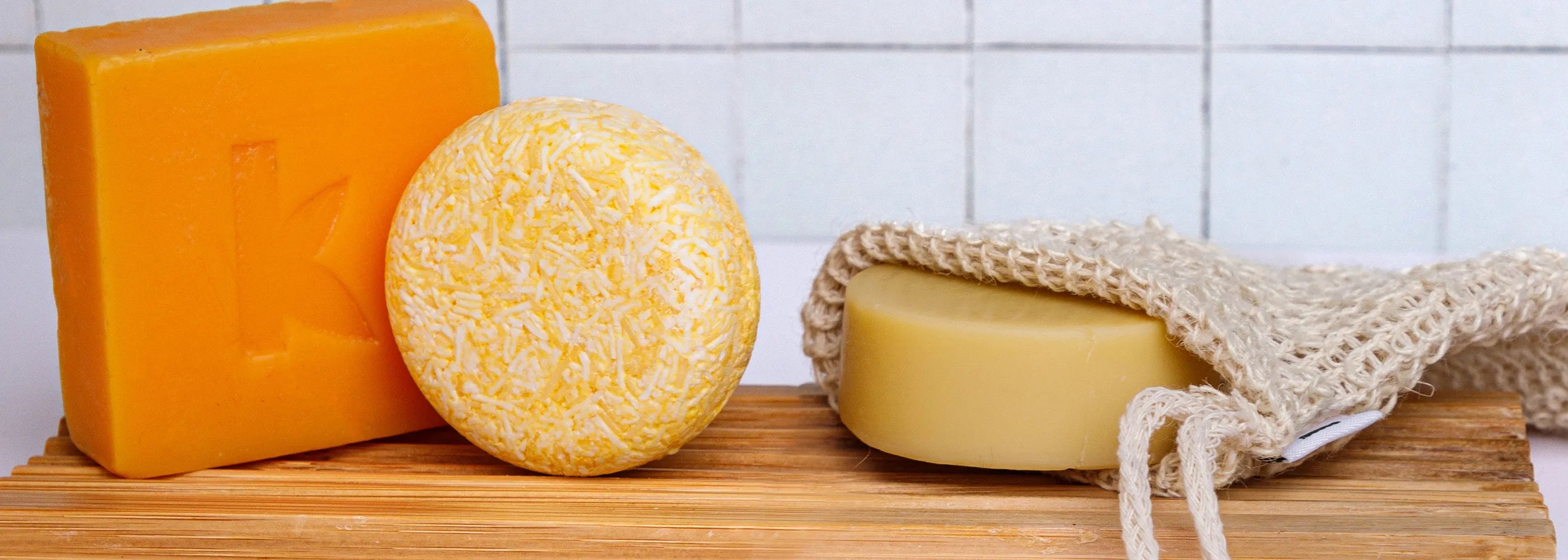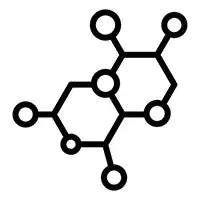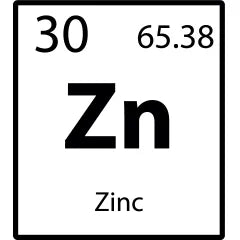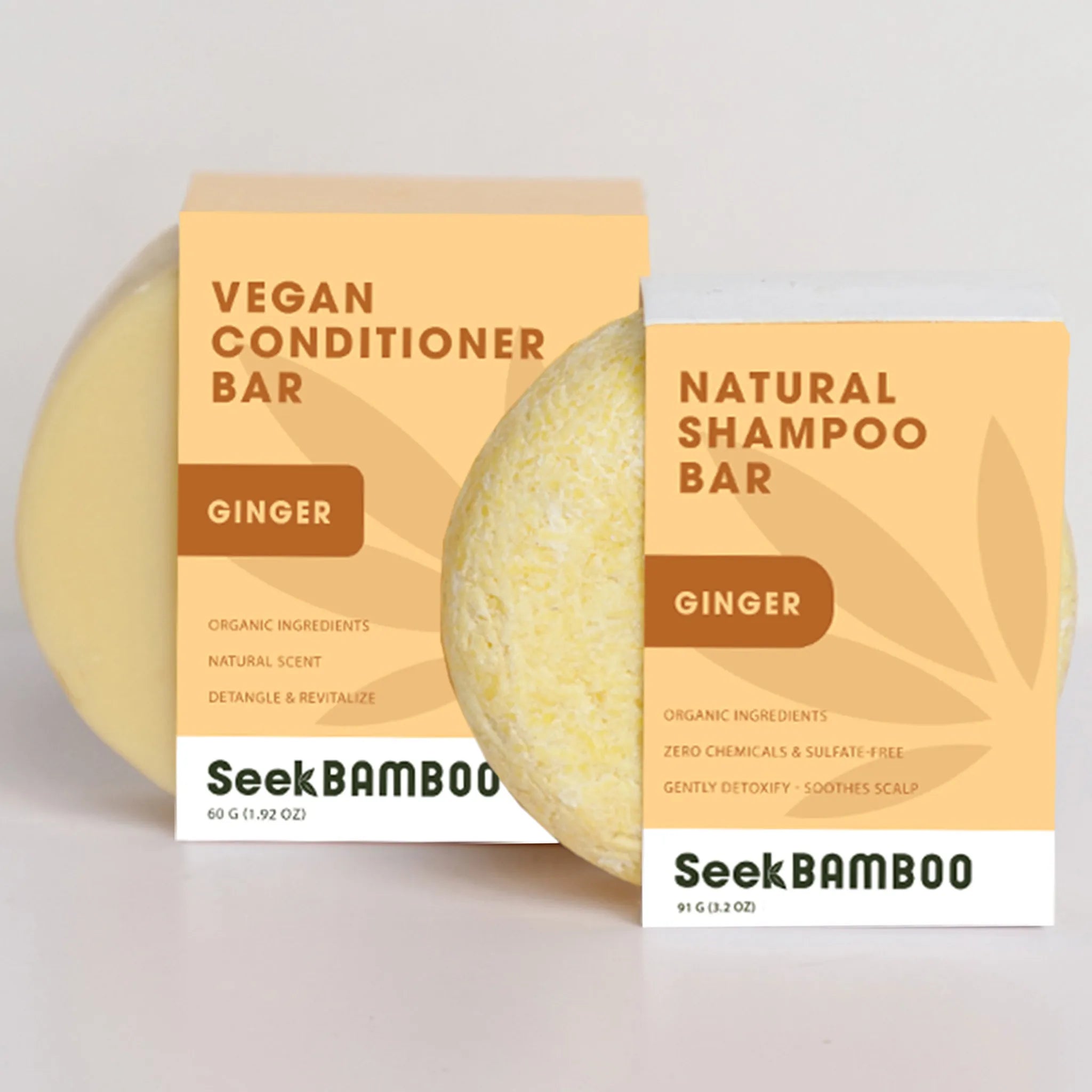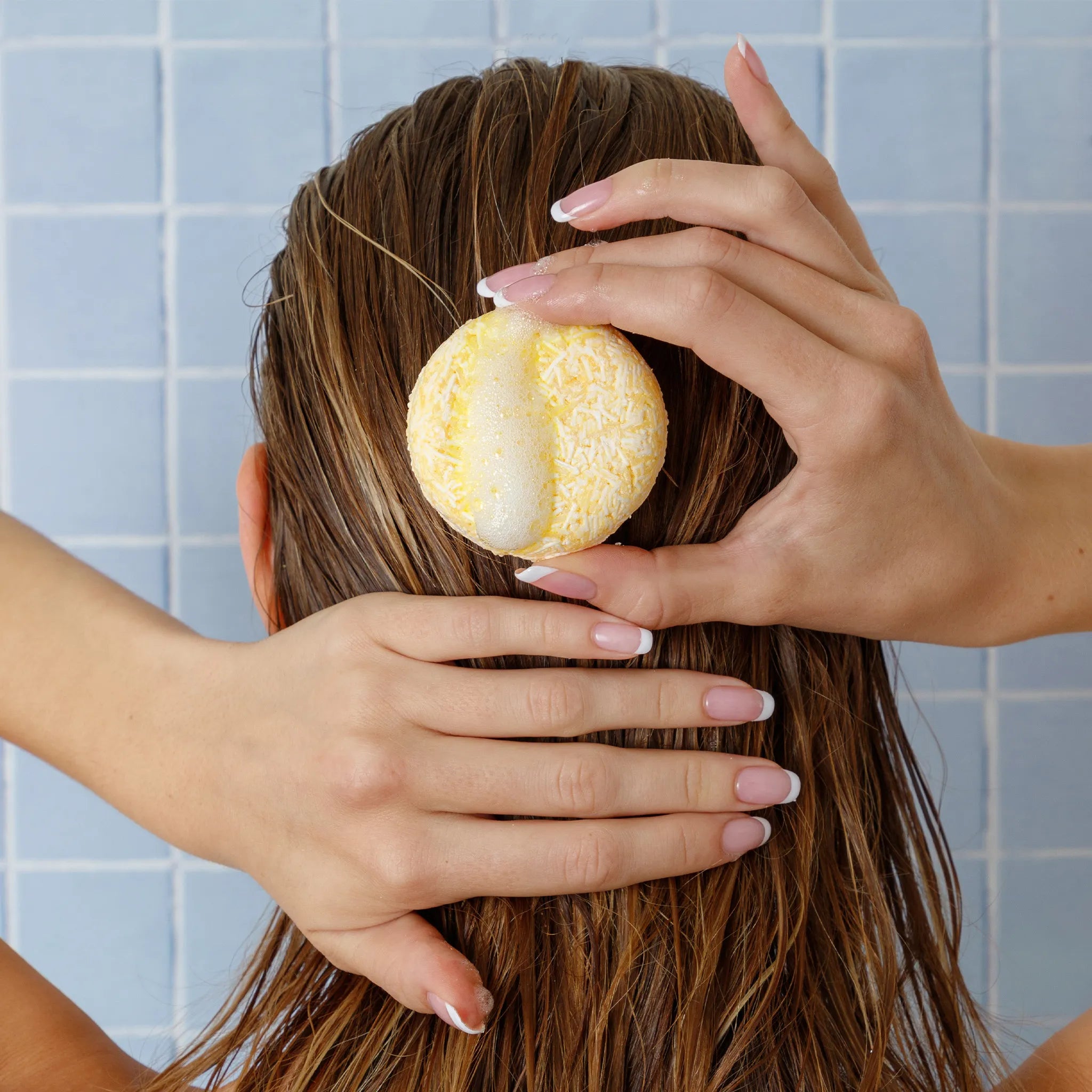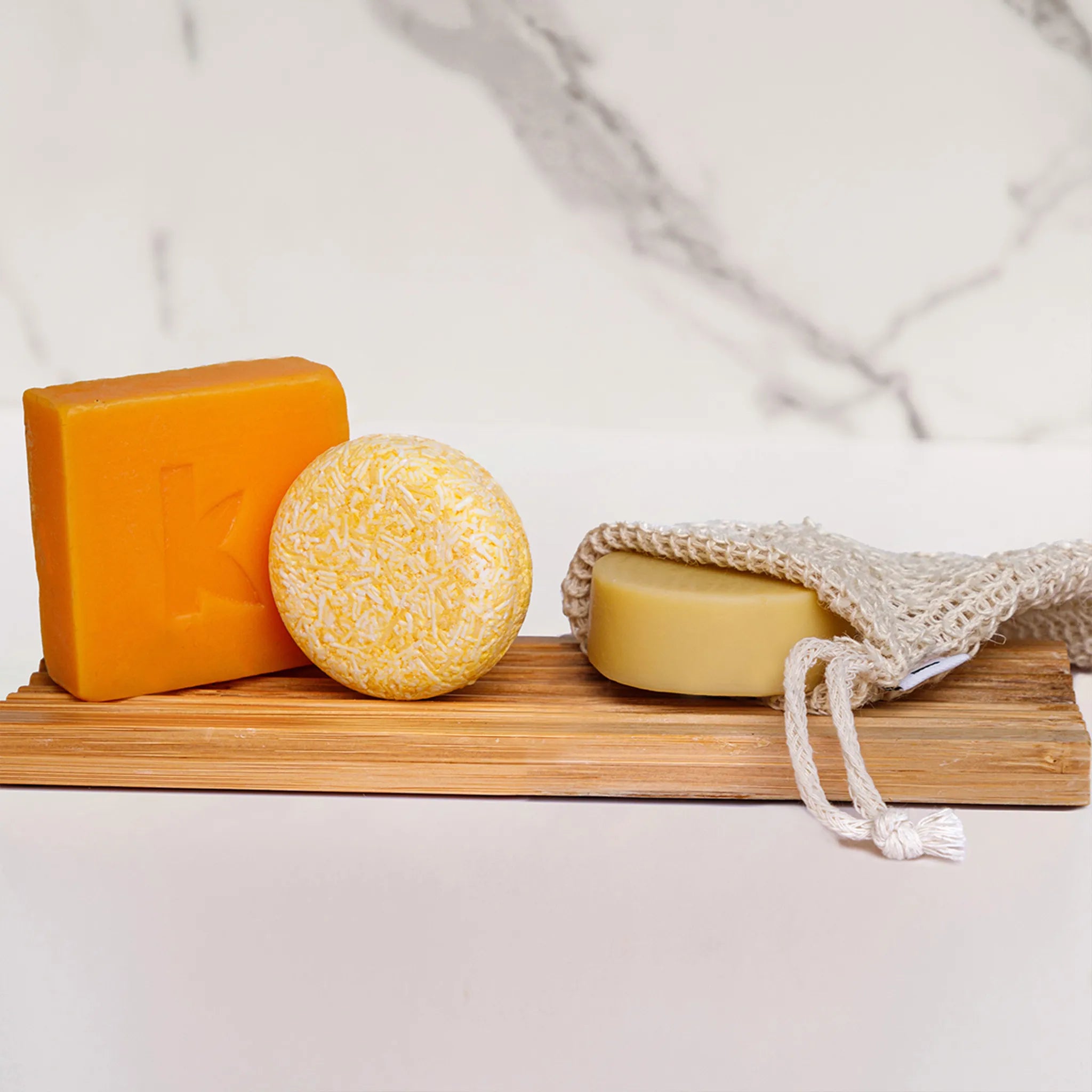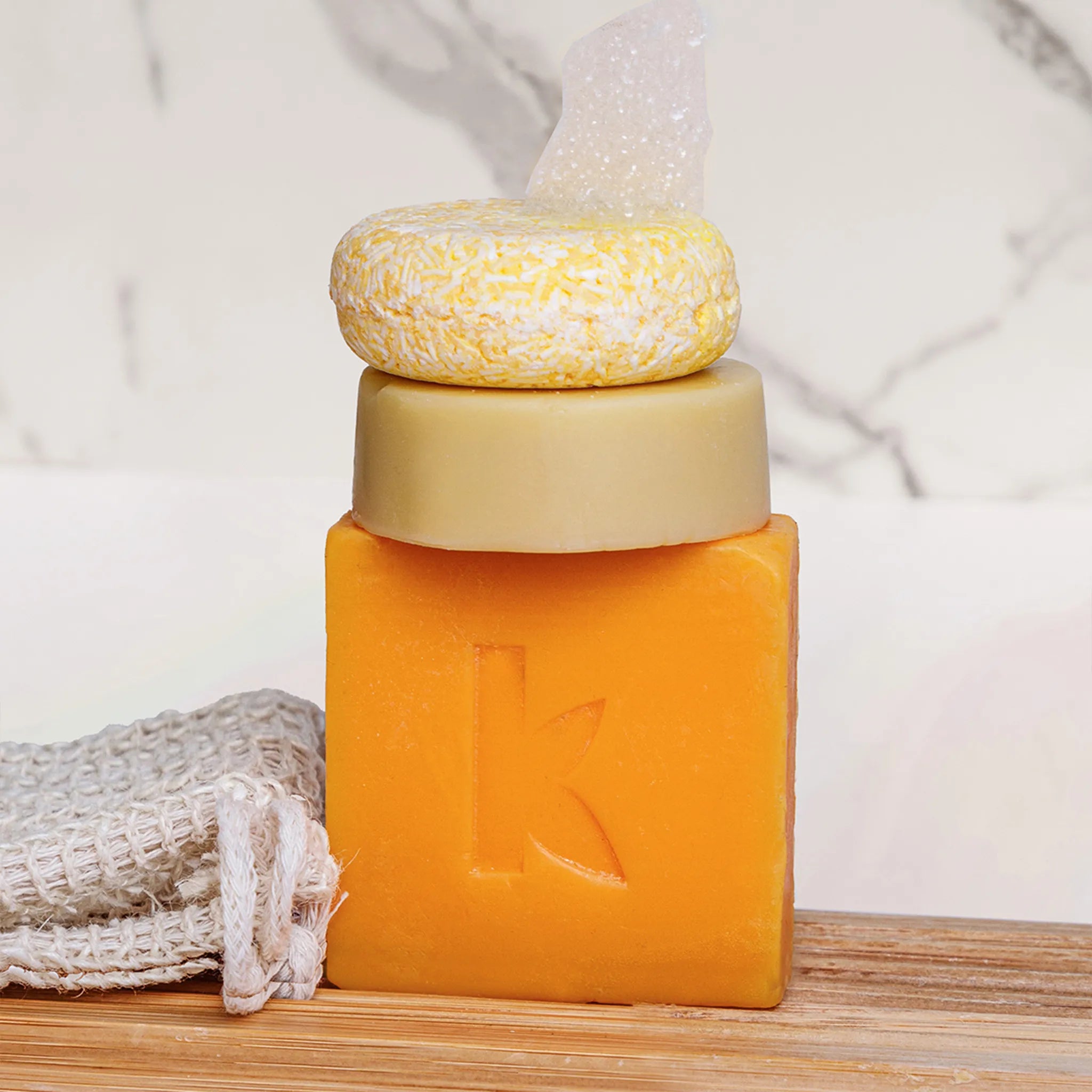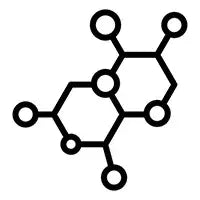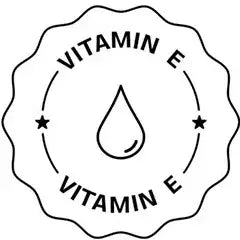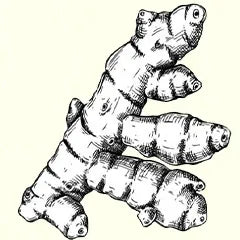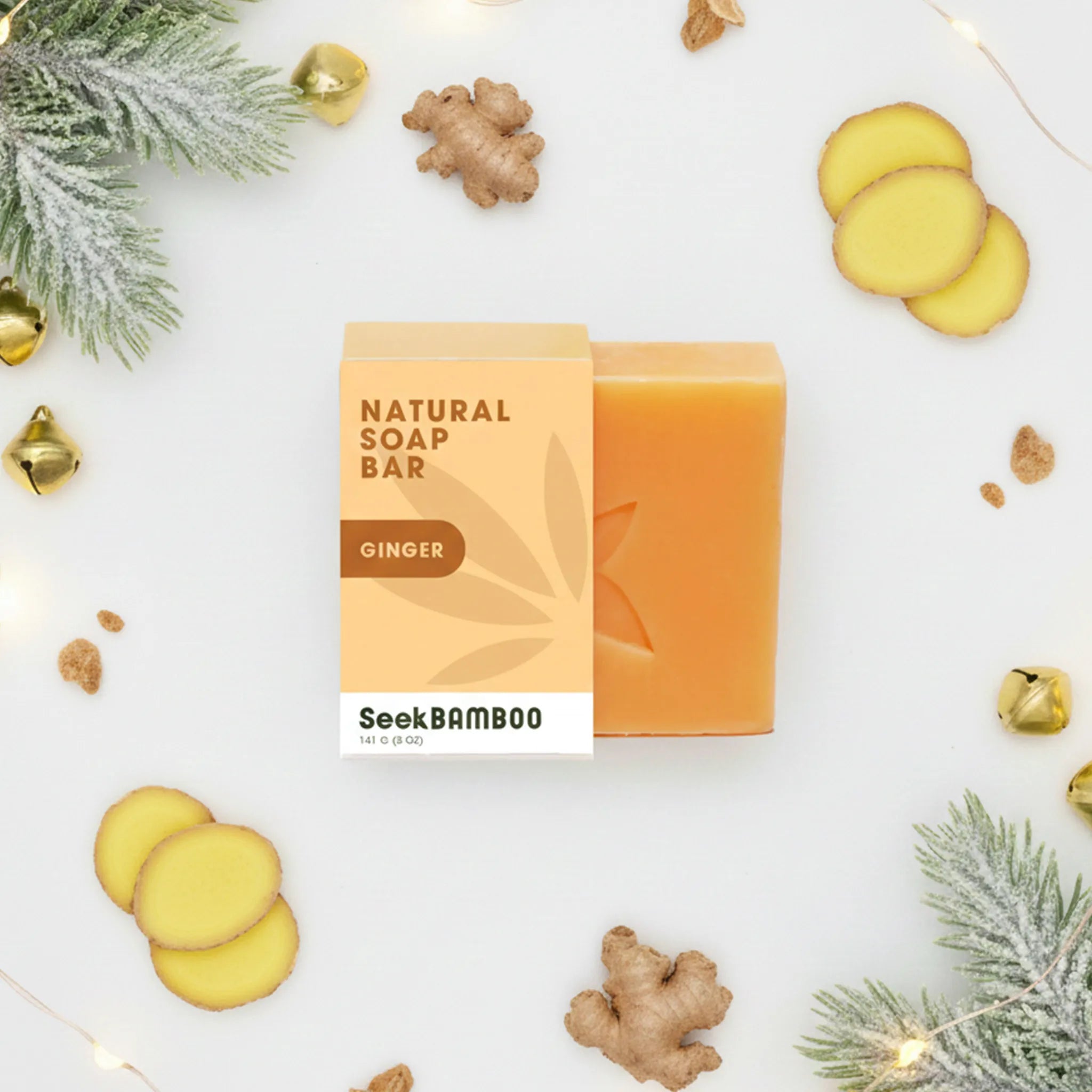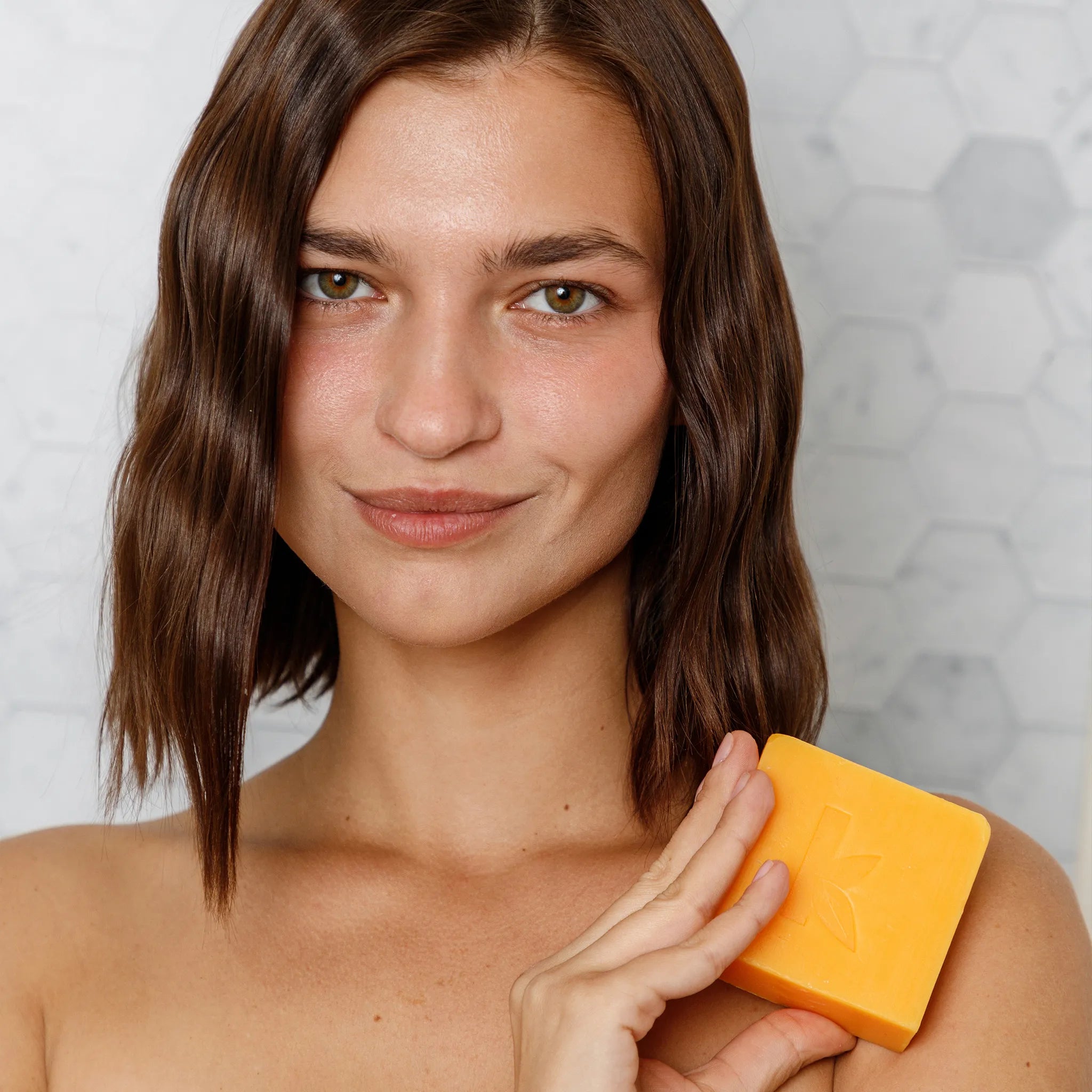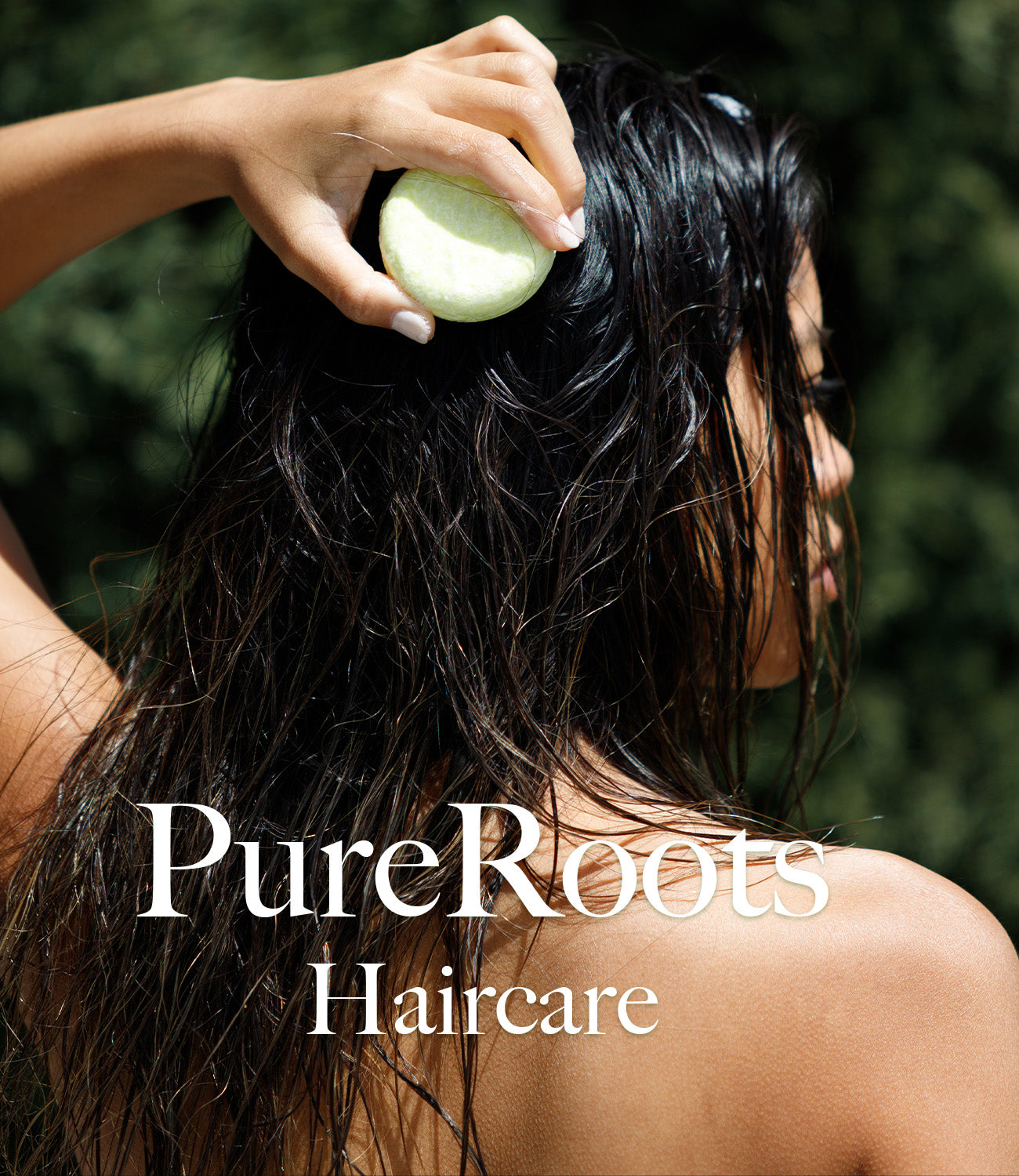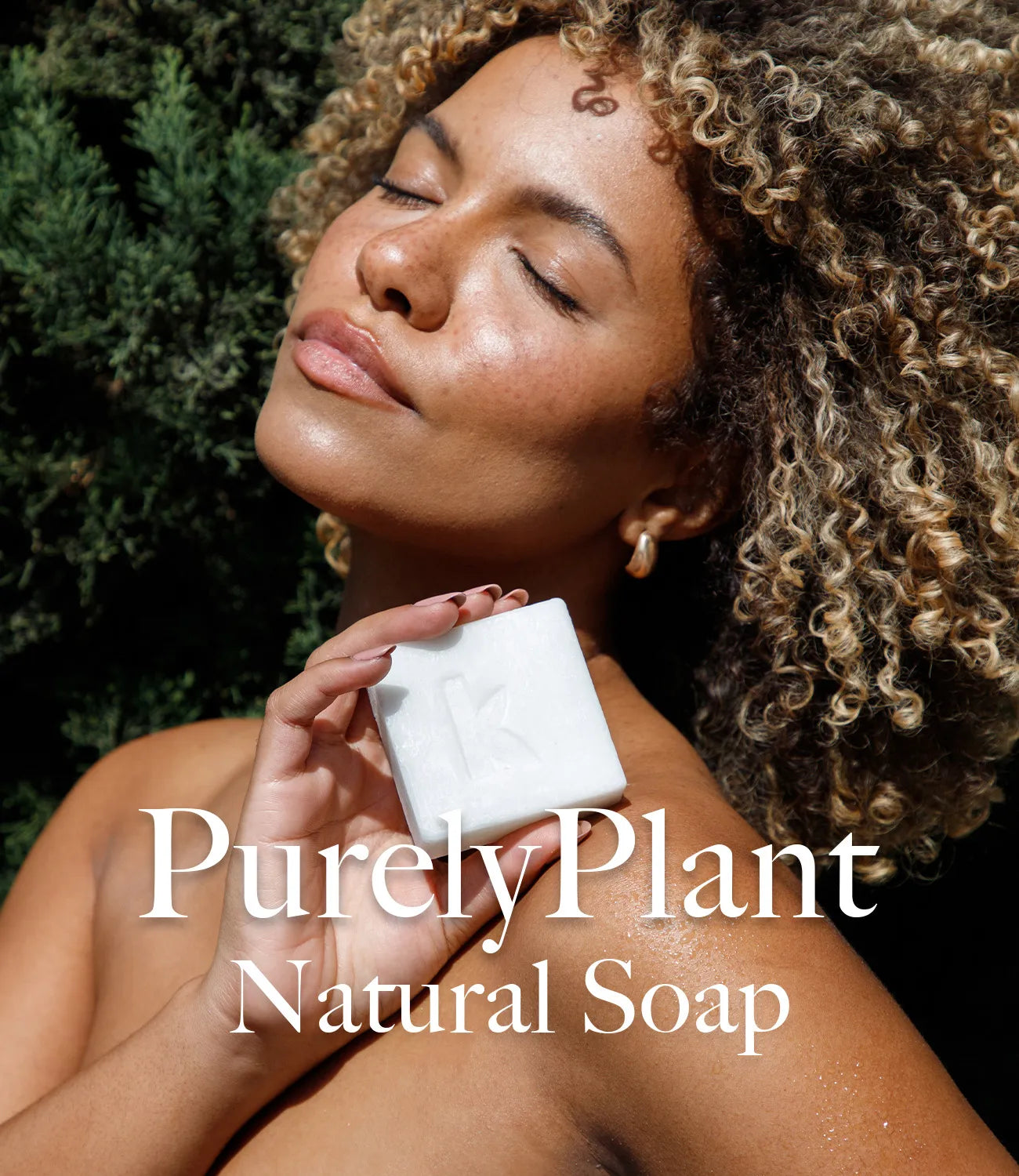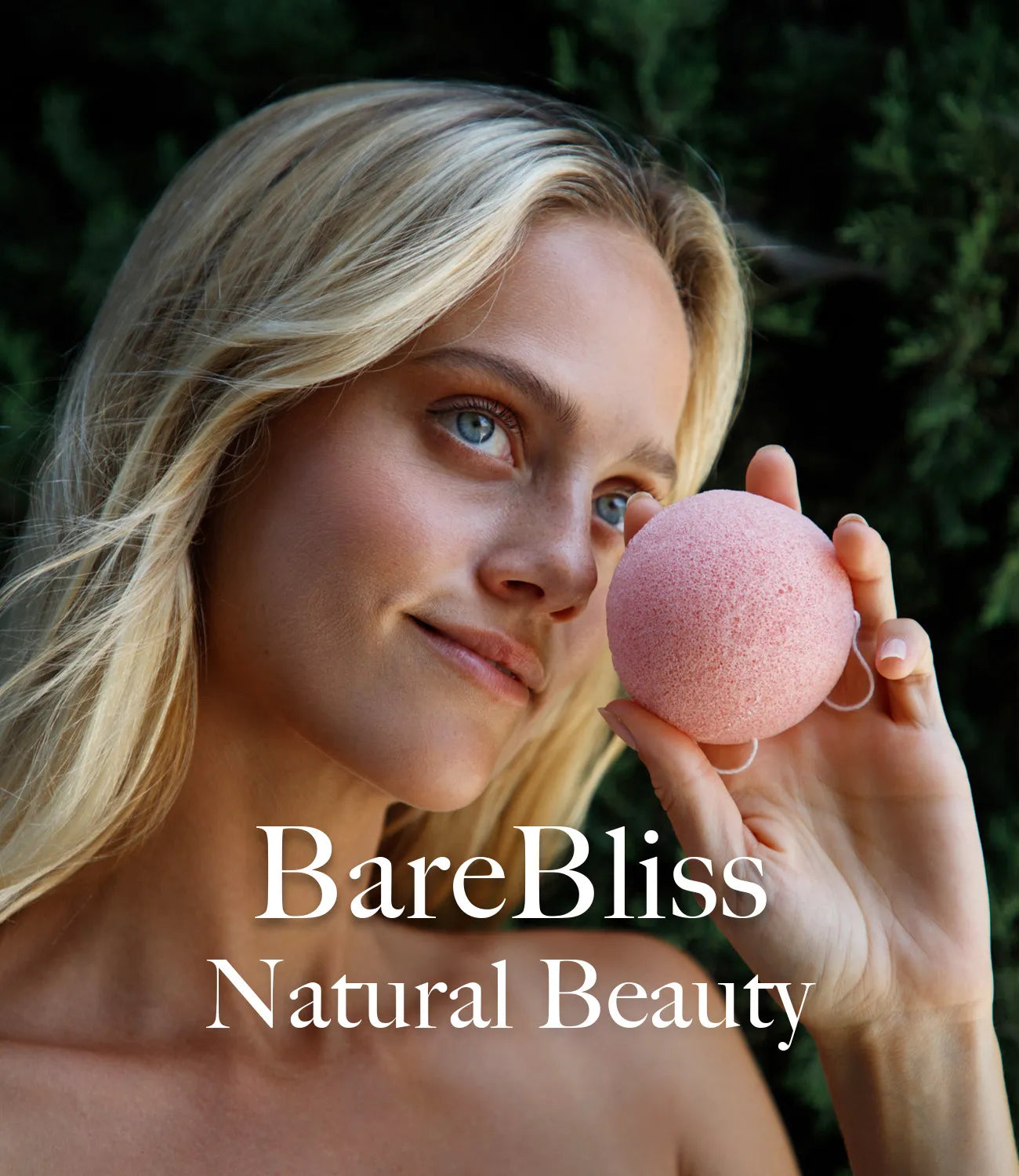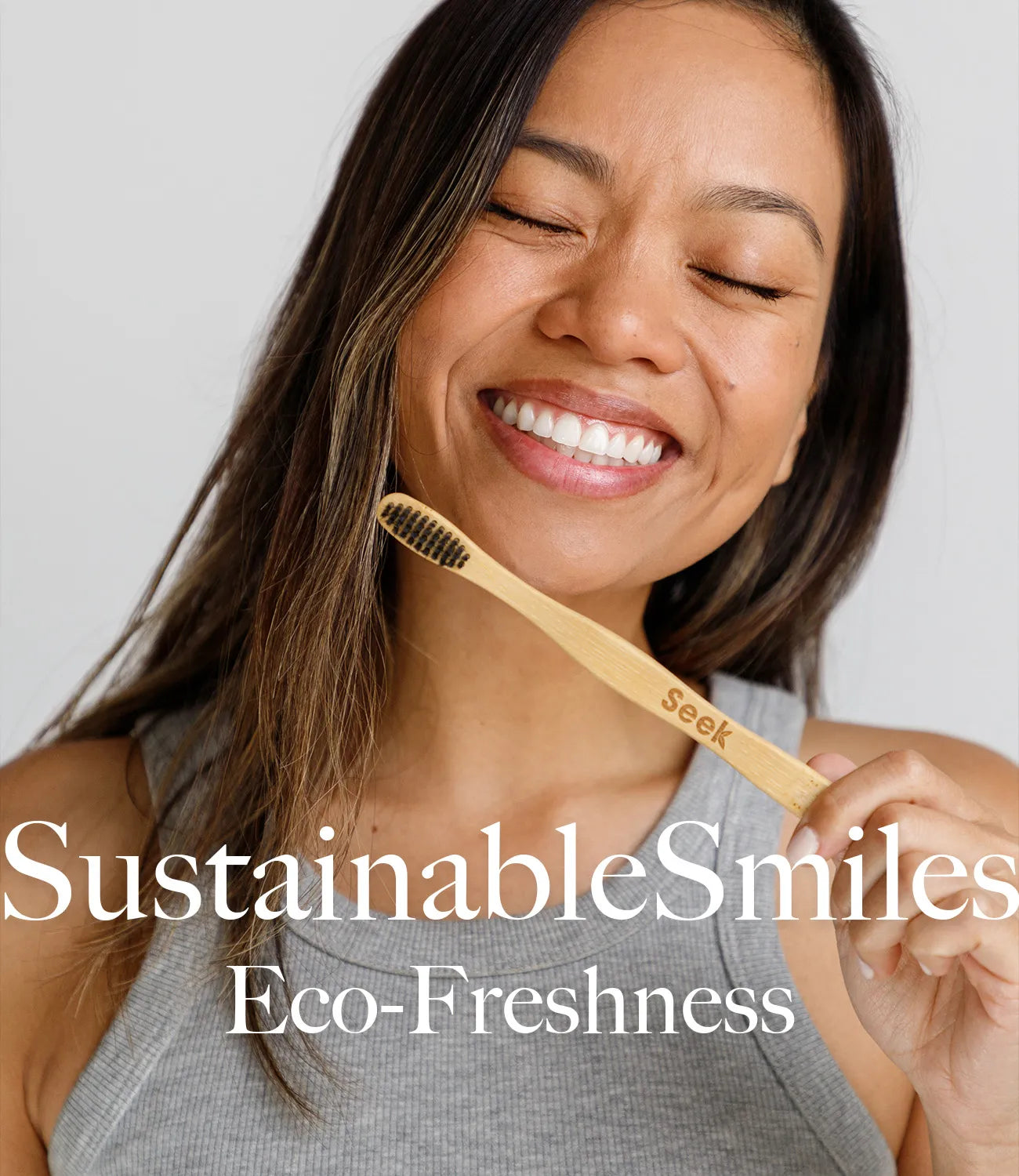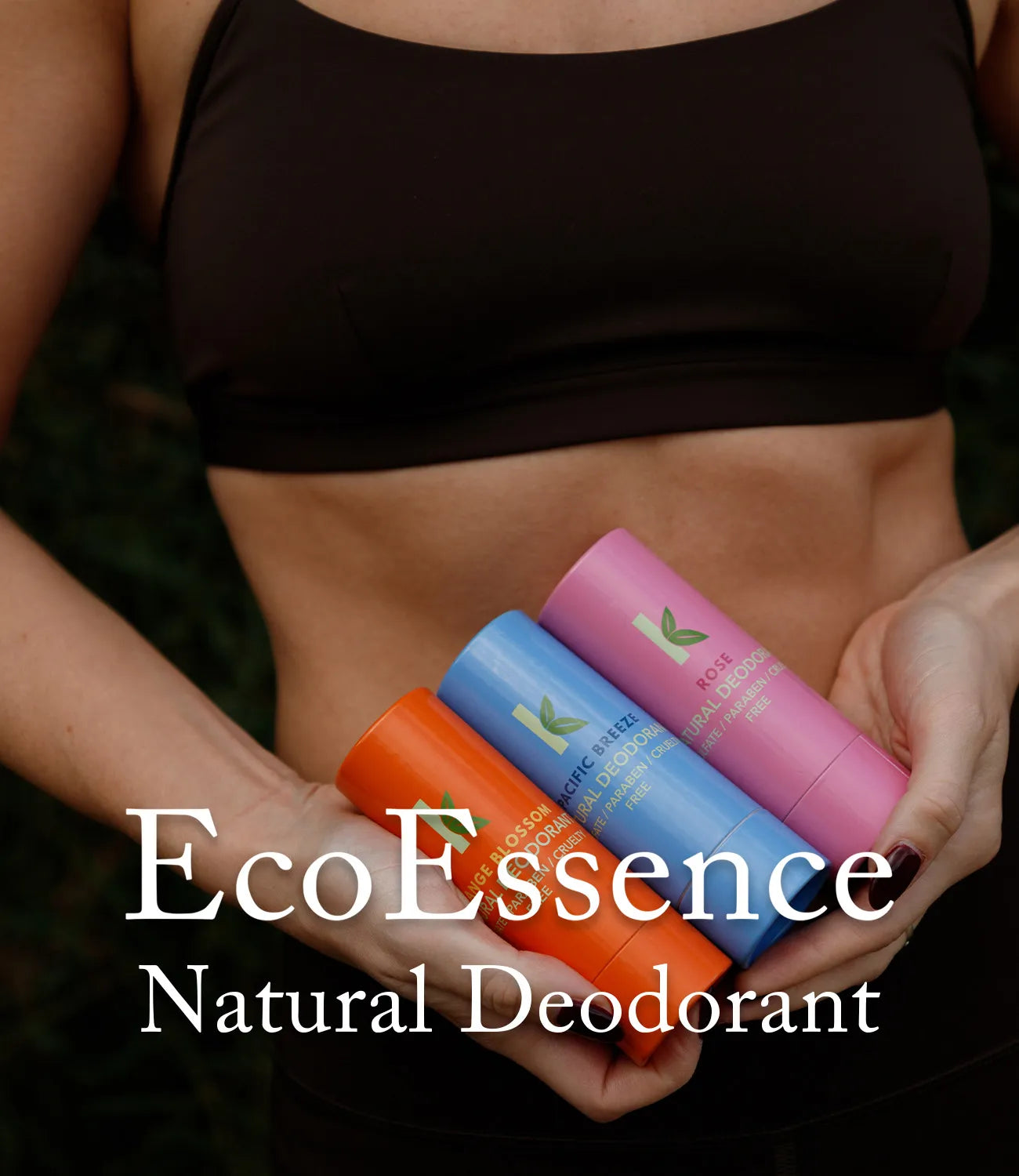Ginger Benefits For Hair
Ginger, known scientifically as Zingiber officinale, is a flowering plant that has been cultivated and cherished for thousands of years. Originating in Southeast Asia, ginger has a storied history in both culinary and medicinal traditions. Ancient civilizations, such as those in China and India, revered ginger for its potent healing properties, often using it to treat ailments ranging from digestive issues to inflammation.
In traditional Ayurvedic and Chinese medicine, ginger has been a cornerstone remedy. Practitioners utilized ginger’s warming properties to balance the body’s energy, stimulate digestion, and improve circulation. This versatile root was not only consumed as a food and medicine but was also applied topically to treat various skin and scalp conditions.
Ginger is Gaining Popularity in Hair Care
In recent years, the beauty and wellness industries have experienced a resurgence of interest in natural and holistic remedies. Among these, ginger has emerged as a star ingredient in hair care, thanks to its scientifically-backed benefits and rich historical usage.
The modern fascination with ginger in hair care can be attributed to several factors:
Nutrient-Rich Profile
Ginger is packed with essential vitamins and minerals such as vitamin C, magnesium, potassium, and phosphorus. These nutrients are vital for maintaining healthy hair and scalp.
Anti-Inflammatory Properties
Chronic inflammation of the scalp can lead to issues like dandruff, hair thinning, and hair loss. Ginger's natural anti-inflammatory compounds help soothe and heal the scalp, creating a healthier environment for hair growth.
Antimicrobial Effects
Ginger's antimicrobial properties combat the bacteria and fungi that can cause scalp infections and dandruff. This makes it an excellent natural alternative to chemical-laden anti-dandruff treatments.
Improved Circulation
One of the key benefits of ginger is its ability to enhance blood circulation. When applied to the scalp, ginger increases blood flow, ensuring that hair follicles receive more nutrients and oxygen. This stimulates hair growth and strengthens hair from the roots.
Natural Oils and Fatty Acids
Ginger contains natural oils and fatty acids that condition the hair, adding shine and softness. These components help to smooth the hair cuticle, reducing frizz and improving overall hair texture.
The convergence of these factors has propelled ginger into the spotlight as a powerful, natural solution for various hair care needs. Its time-tested benefits, coupled with modern scientific validation, make ginger an appealing ingredient for those seeking to enhance their hair health naturally. As a result, ginger-infused shampoos, conditioners, and hair masks have become increasingly popular, offering a holistic approach to hair care that combines tradition with innovation.
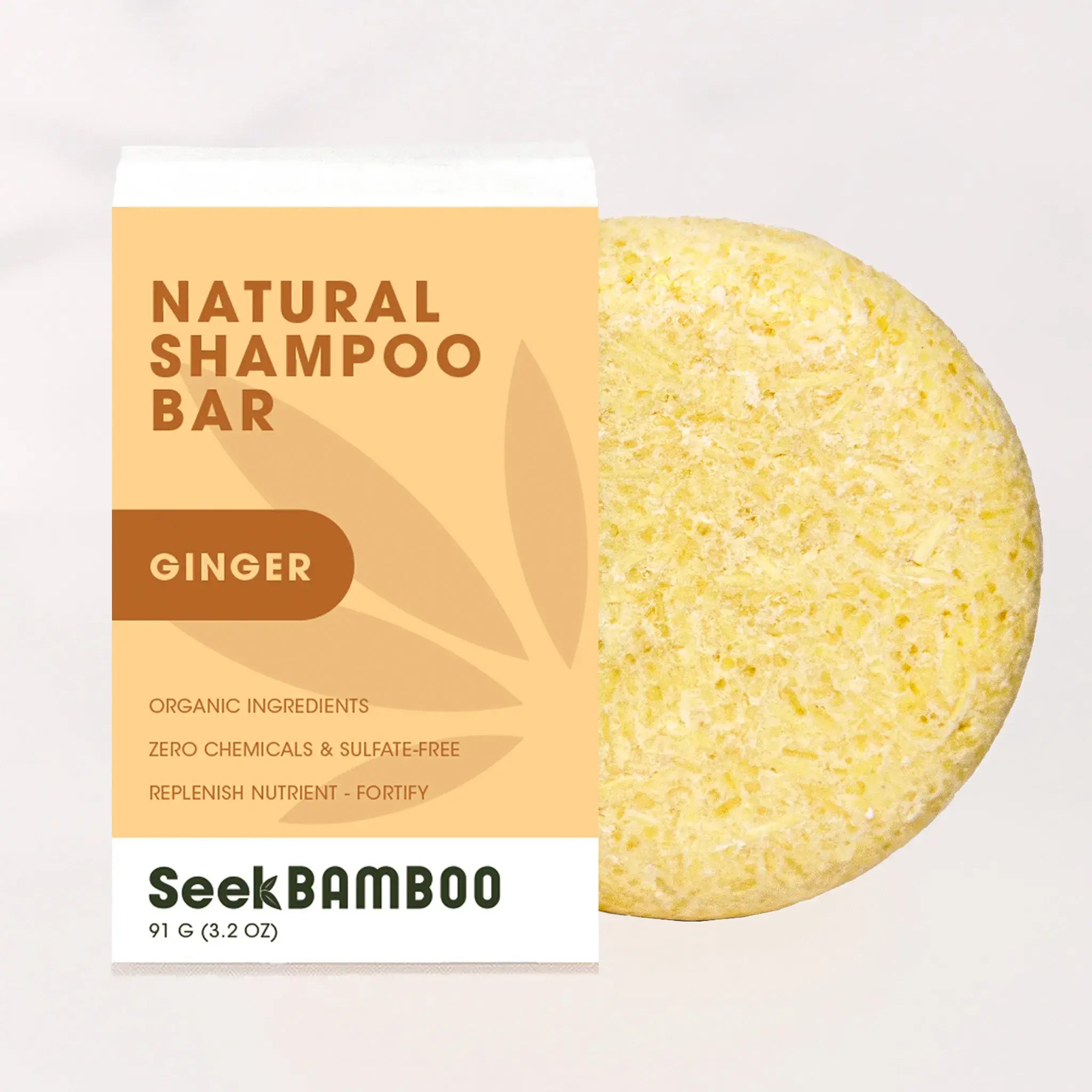
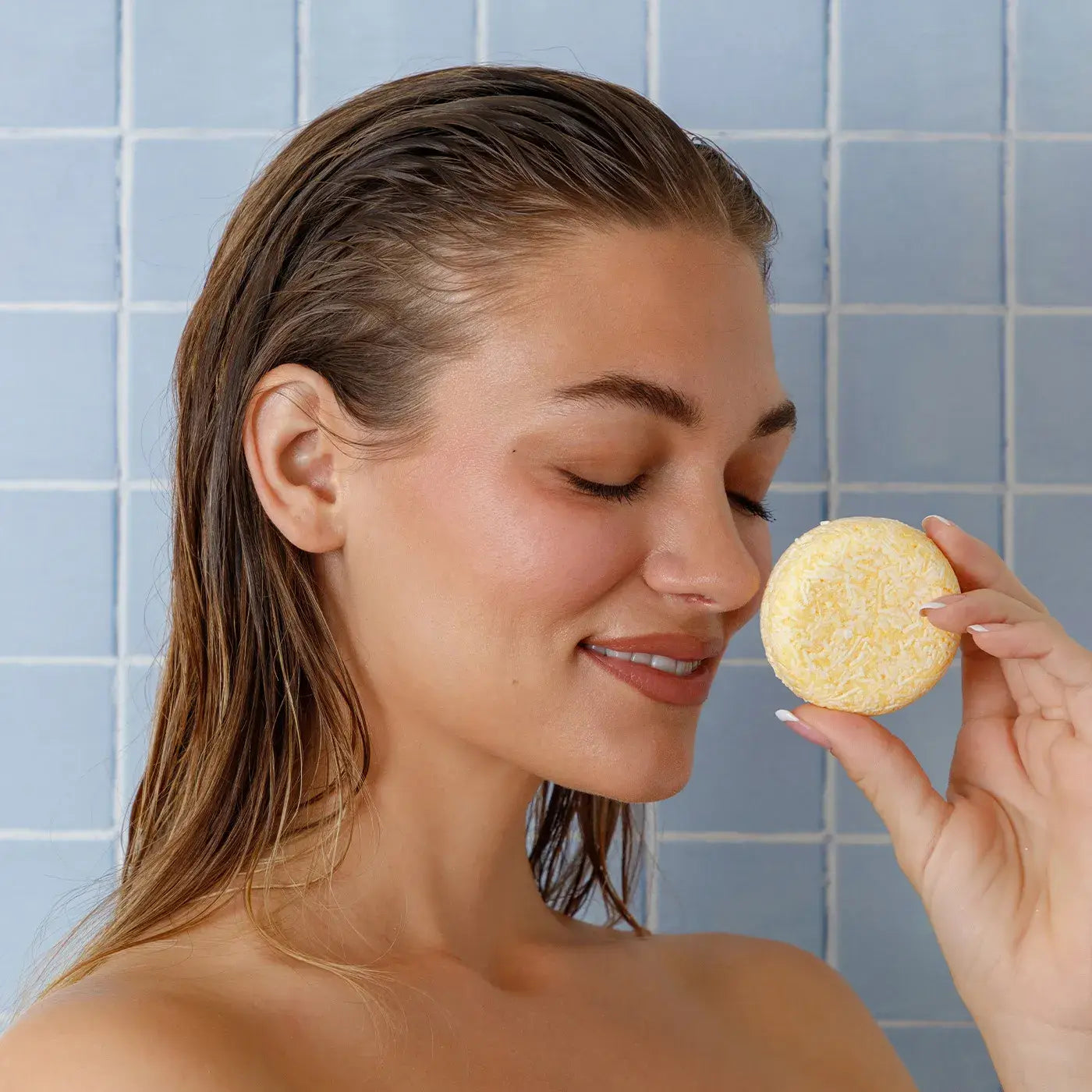
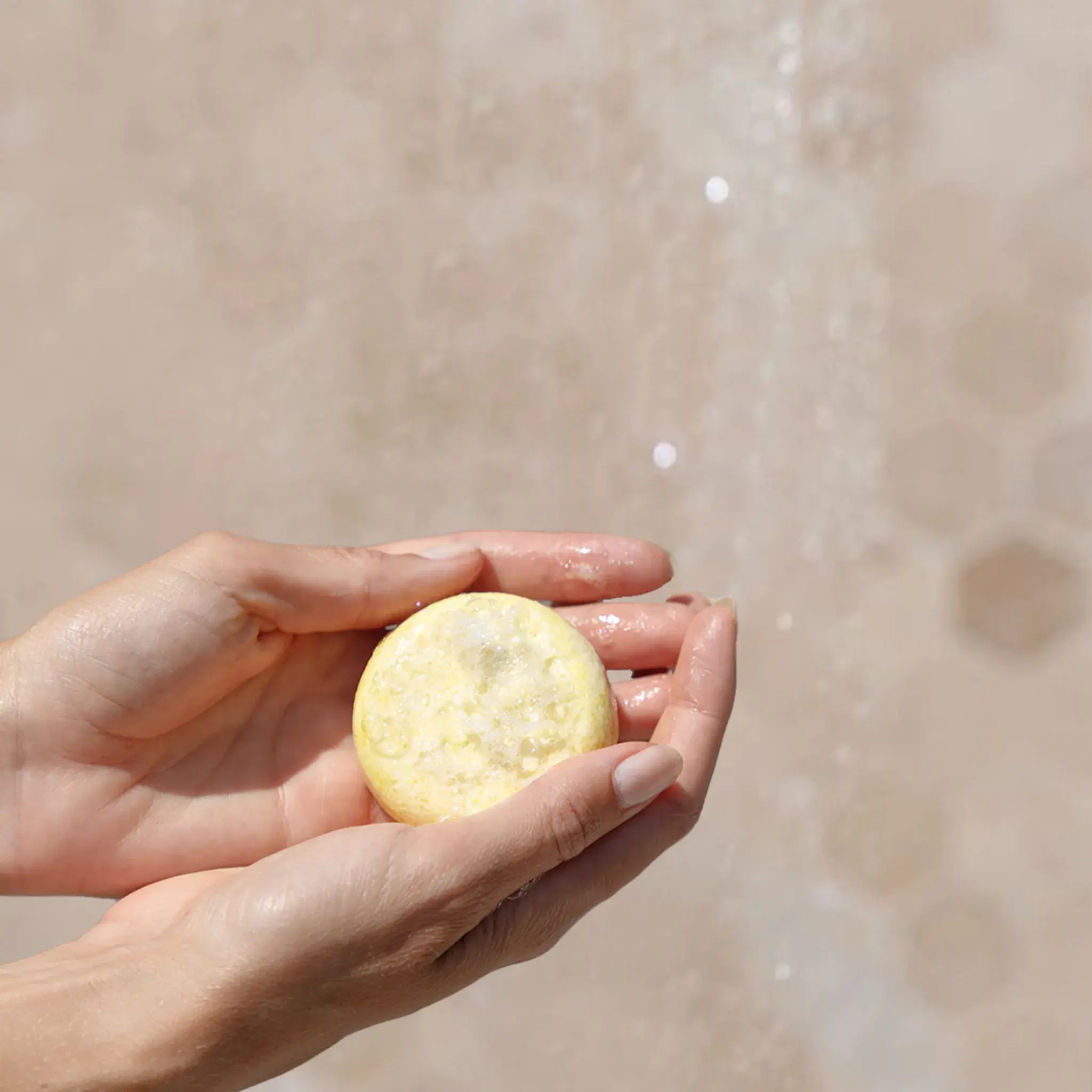


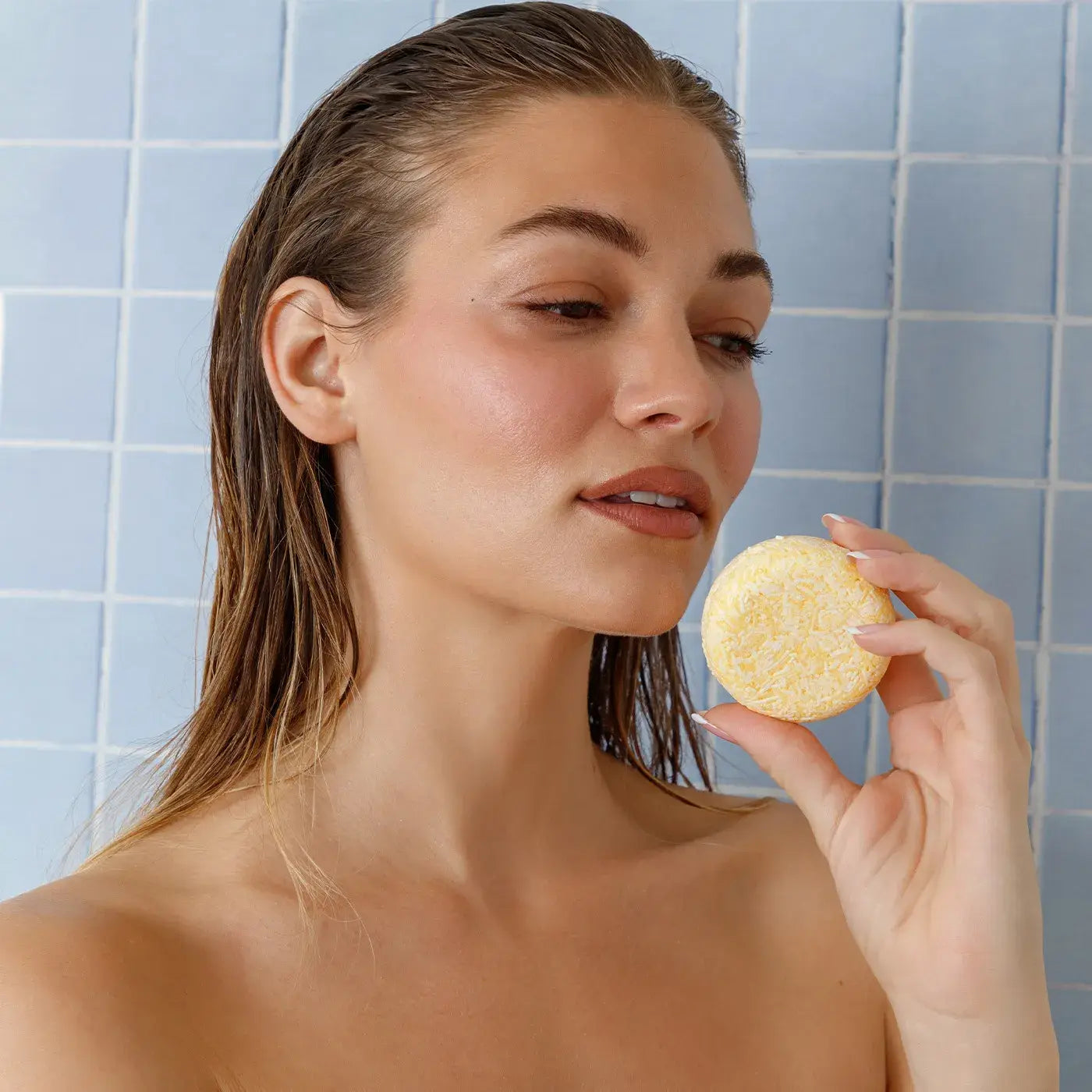
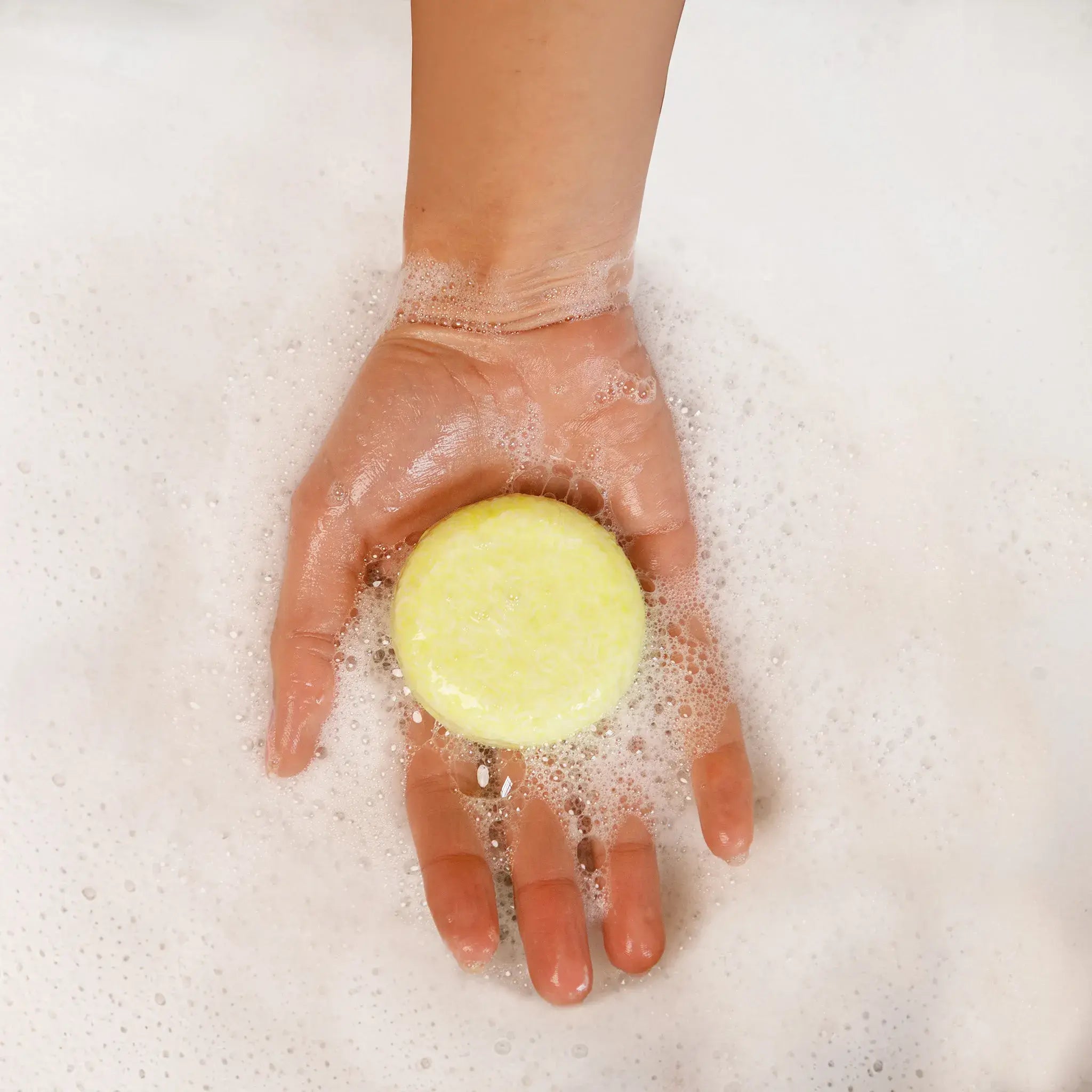
Nutritional Profile of Ginger
Ginger is a powerhouse of nutrients that contribute to its reputation as a superfood for hair care. This versatile root contains a myriad of vitamins, minerals, and bioactive compounds that work synergistically to promote hair health. Here’s a detailed look at the key nutrients found in ginger
Vitamins
- Vitamin C: An essential antioxidant that protects hair from oxidative stress, promotes collagen production, and strengthens hair strands.
- Vitamin B6 (Pyridoxine): Plays a crucial role in the production of red blood cells, which carry oxygen and nutrients to the scalp and hair follicles.
Minerals
- Magnesium: Helps in reducing inflammation and improving blood circulation, leading to a healthier scalp and stronger hair follicles.
- Potassium: Balances the moisture levels in the hair and scalp, preventing dryness and brittleness.
- Phosphorus: Vital for cellular repair and growth, contributing to the overall health of the scalp and hair.
Bioactive Compounds
- Gingerol: The main bioactive compound in ginger, responsible for its anti-inflammatory and antioxidant properties. Gingerol helps to soothe the scalp and reduce inflammation, promoting a healthy environment for hair growth.
- Shogaol: Another potent anti-inflammatory compound that helps to combat scalp irritation and improve hair texture.
- Zingiberene: Contributes to the antimicrobial properties of ginger, helping to keep the scalp clean and free from infections that can hinder hair growth.
Essential Fatty Acids
Ginger contains small amounts of essential fatty acids that nourish the scalp and hair, enhancing moisture retention and adding shine.
How Ginger Nutrients Contribute to Hair Health
The rich nutritional profile of ginger makes it a potent ingredient for promoting hair health. Here’s how each nutrient plays a role:
Vitamin C
- Oxidative Stress Protection: Vitamin C acts as an antioxidant, neutralizing free radicals that can damage hair cells and lead to hair thinning and loss.
- Collagen Production: Collagen is a structural protein that is essential for maintaining the strength and elasticity of hair. Vitamin C boosts collagen synthesis, leading to stronger and more resilient hair strands.
Vitamin B6
Red Blood Cell Production: By aiding in the production of red blood cells, vitamin B6 ensures that hair follicles receive an adequate supply of oxygen and nutrients, which is crucial for healthy hair growth and maintenance.
Magnesium
- Inflammation Reduction: Magnesium’s anti-inflammatory properties help to soothe an irritated scalp, reducing conditions like dandruff and psoriasis that can impede hair growth.
- Improved Circulation: Enhanced blood circulation ensures that hair follicles receive a steady supply of nutrients, promoting robust hair growth.
Potassium
- Moisture Balance: Potassium helps to maintain the moisture balance in the hair and scalp, preventing dryness, breakage, and split ends. Well-hydrated hair is more elastic and less prone to damage.
Phosphorus
- Cellular Repair and Growth: Phosphorus supports the repair and growth of cells, which is essential for maintaining a healthy scalp and encouraging the growth of new, healthy hair strands.
Gingerol and Shogaol
- Anti-Inflammatory and Antioxidant Effects: These compounds help reduce scalp inflammation and protect hair follicles from oxidative stress, both of which are critical for preventing hair loss and promoting hair growth.
- Scalp Health: By soothing the scalp and reducing irritation, gingerol and shogaol create a favorable environment for hair growth.
Zingiberene
- Antimicrobial Action: Zingiberene’s antimicrobial properties help keep the scalp free from infections, dandruff, and other conditions that can hinder hair growth. A clean and healthy scalp is fundamental for strong and healthy hair.
Essential Fatty Acids
- Nourishment and Shine: The fatty acids in ginger provide essential nourishment to the hair, helping to lock in moisture, reduce frizz, and enhance the natural shine and smoothness of the hair.
In summary, the nutrients in ginger work together to support various aspects of hair health, from promoting growth and reducing hair loss to improving texture and shine. By incorporating ginger into your hair care routine, you can harness the power of these nutrients to achieve healthier, more vibrant hair.
Zesty Bundles
Benefits of Ginger for Hair Growth
One of the most significant benefits of ginger for hair growth is its ability to stimulate blood circulation to the scalp. The active compounds in ginger, particularly gingerol and shogaol, have warming and vasodilatory effects, which means they help widen blood vessels and improve blood flow. When applied to the scalp, ginger promotes increased blood circulation, ensuring that hair follicles receive a rich supply of oxygen and essential nutrients.
Enhanced blood flow to the scalp revitalizes hair follicles, promoting their health and functionality. This improved circulation helps to:
Nourish Hair Follicles: By providing hair follicles with the necessary nutrients, ginger supports the growth of healthy, strong hair strands.
Detoxify the Scalp: Improved blood circulation helps in removing toxins from the scalp, which can otherwise inhibit hair growth.
Reduce Scalp Inflammation: The anti-inflammatory properties of ginger further help soothe and calm the scalp, creating a healthier environment for hair growth.
Impact on Hair Follicles and Growth Cycles
Ginger’s impact on hair follicles and growth cycles is profound. Hair growth occurs in a cyclical process with three main phases: anagen (growth phase), catagen (transitional phase), and telogen (resting phase). Ginger influences this cycle in several ways:
Prolonging the Anagen Phase:
The anagen phase is the period during which hair actively grows. Ginger helps to prolong this phase, allowing hair to grow longer and stronger before transitioning to the next phase. This is largely due to its ability to improve follicle health and maintain the nutrient supply.
Strengthening Hair Roots: The nutrients in ginger, including magnesium, potassium, and vitamins, fortify hair roots, making them less prone to breakage and shedding. This ensures that hair remains in the growth phase longer and transitions healthily through the cycle.
Reducing Premature Hair Loss: By combating oxidative stress and inflammation, ginger helps to prevent premature hair loss. Its antioxidant properties protect hair follicles from damage, reducing the likelihood of hair falling out prematurely.
Encouraging Dormant Follicles: Ginger can also stimulate dormant hair follicles, encouraging them to enter the anagen phase and start producing new hair. This can be particularly beneficial for individuals experiencing thinning hair or slow hair growth.
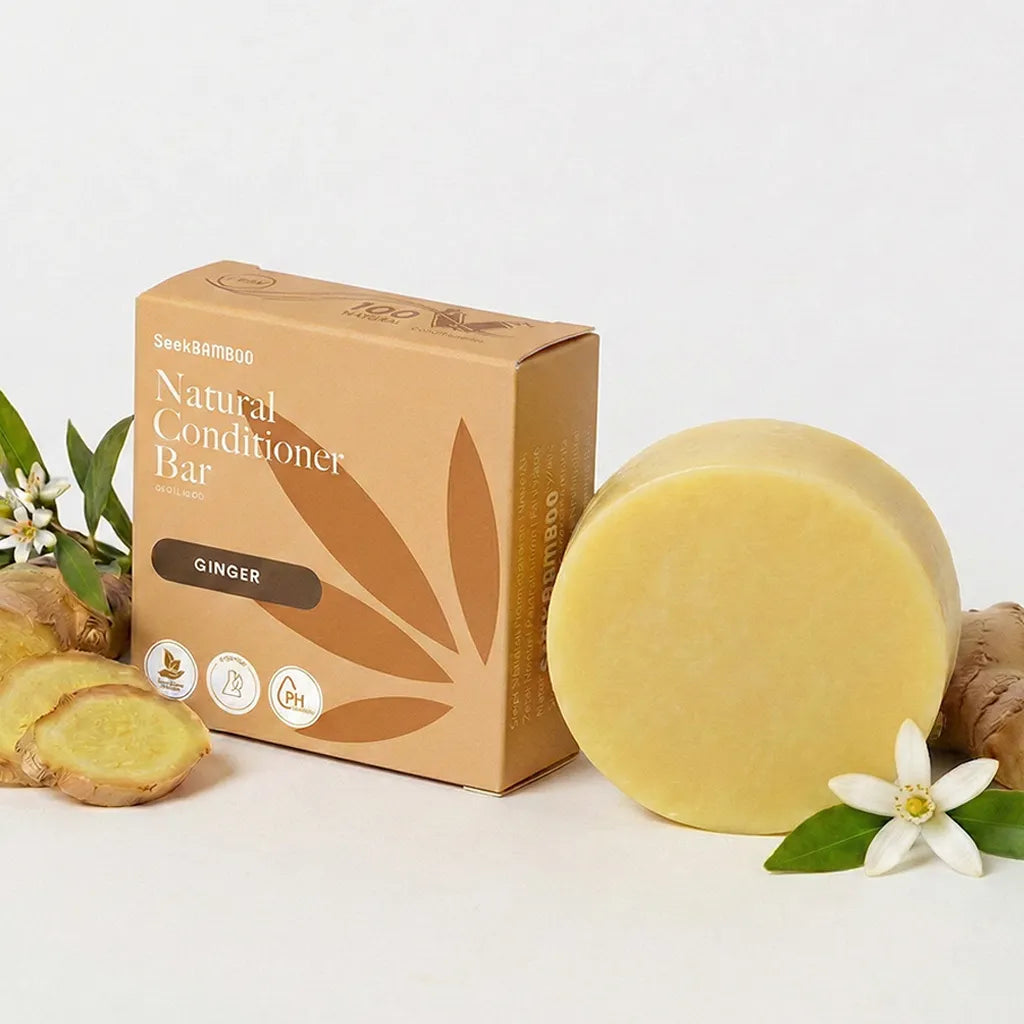
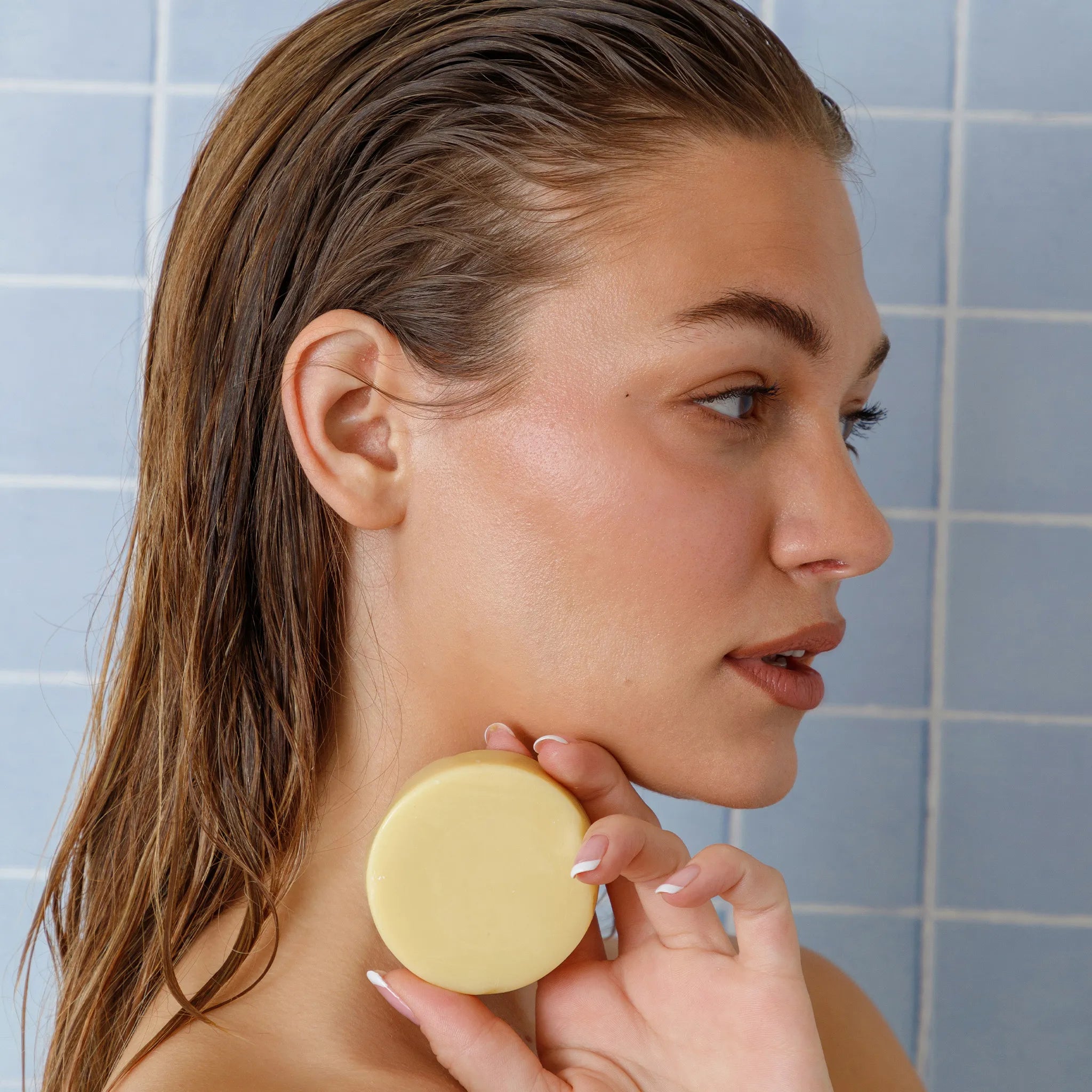
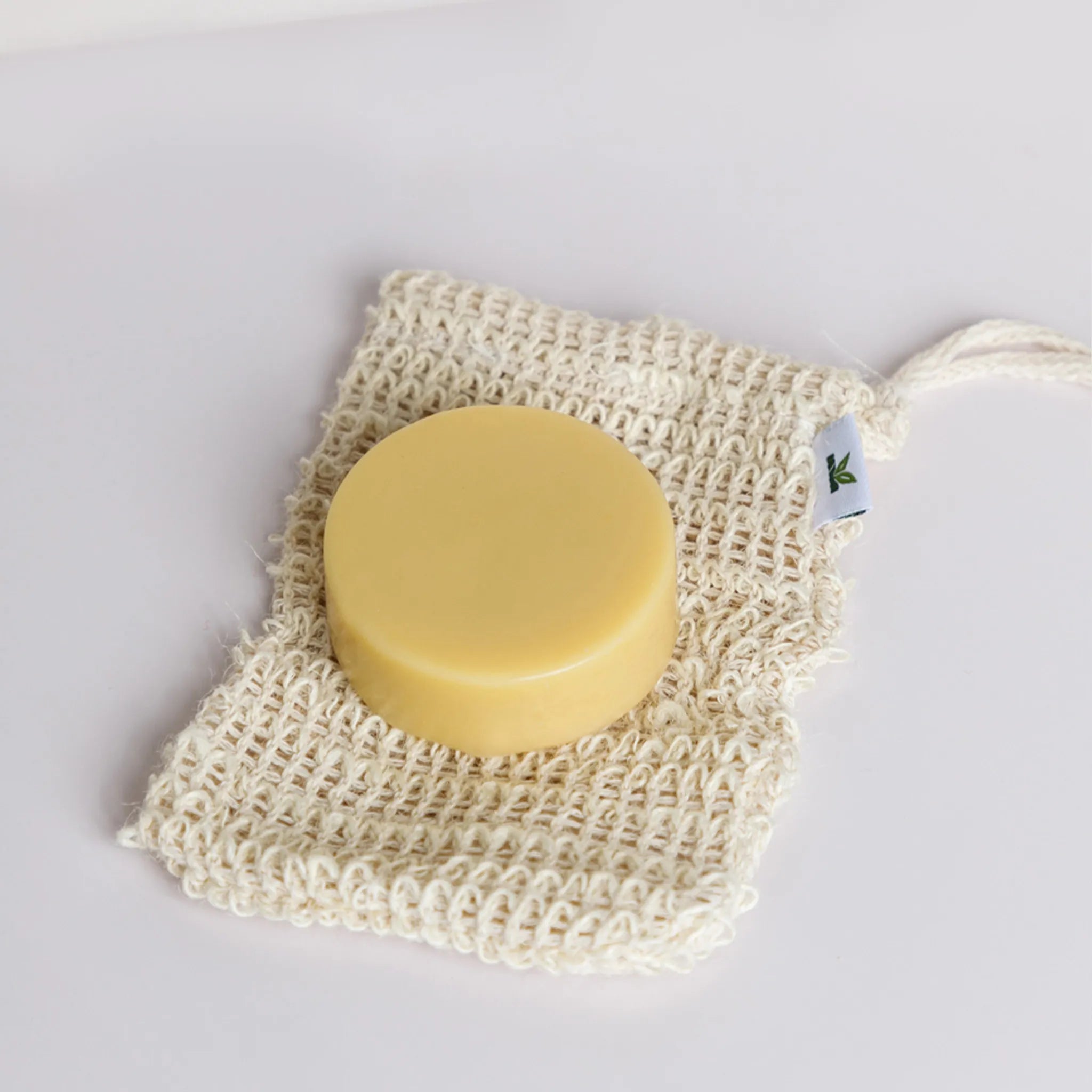
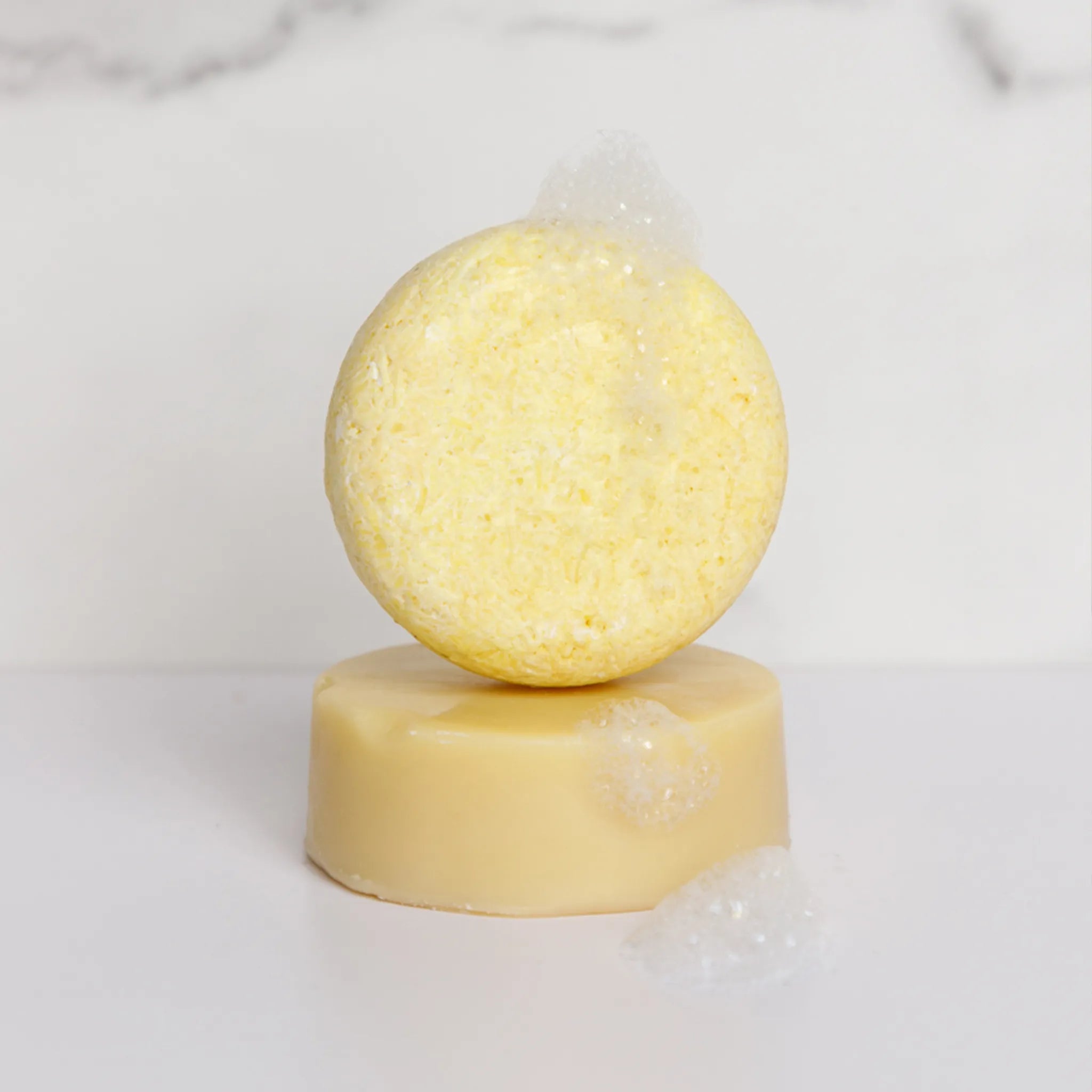
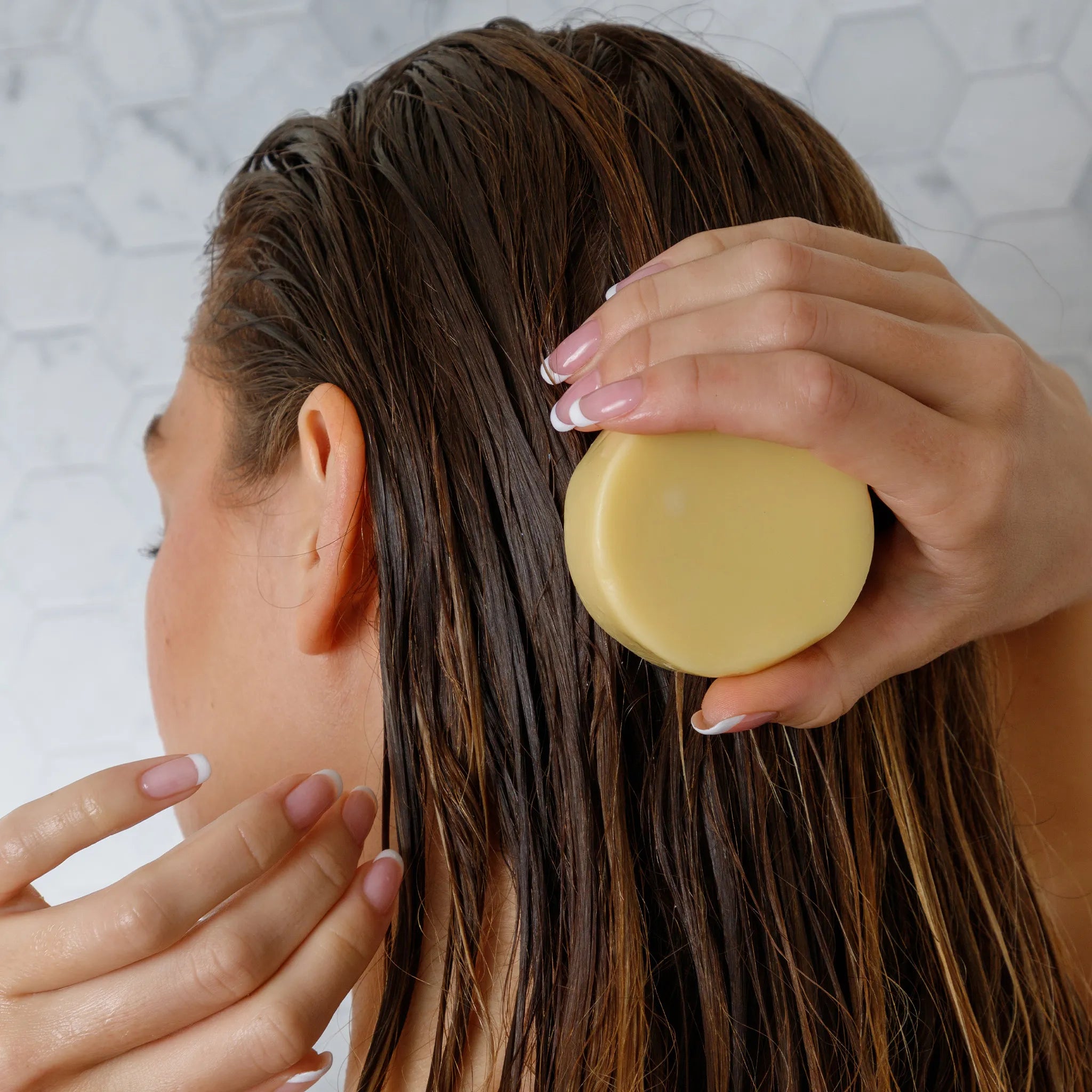
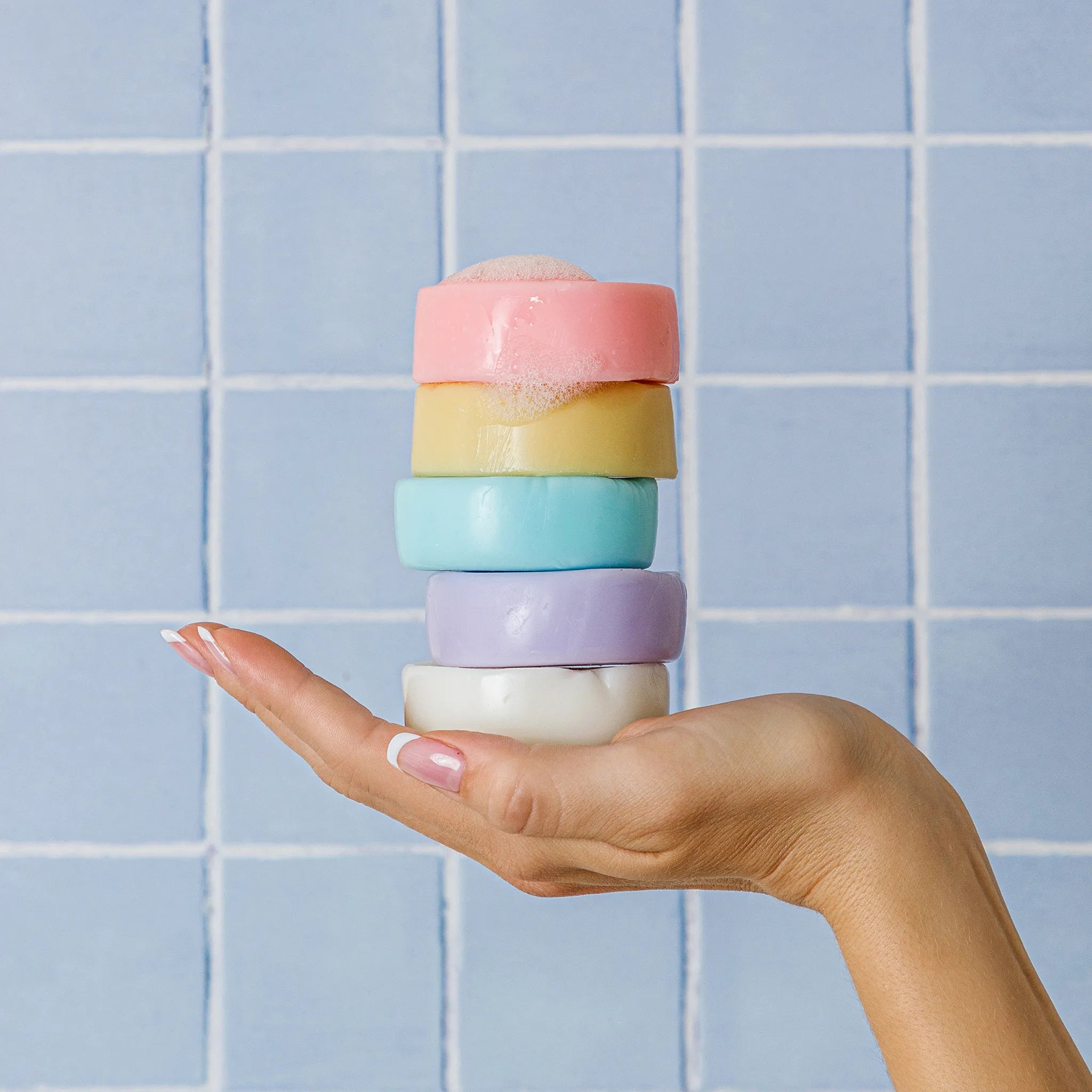
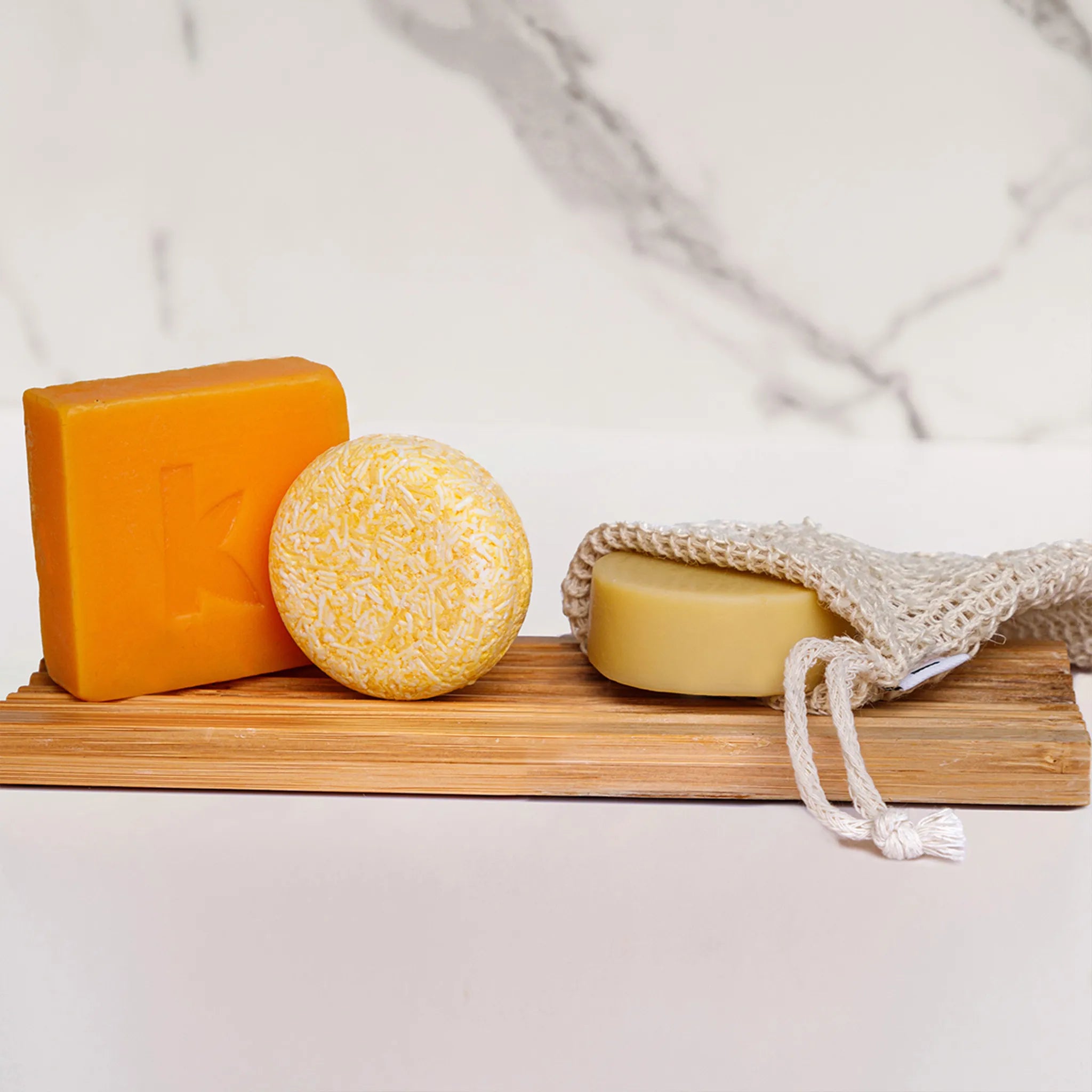
Ginger's Role in Treating Dandruff and Scalp Conditions
Antimicrobial Properties of Ginger and How They Help Combat Dandruff
- Dandruff is a common scalp condition characterized by flaking and itching. It is often caused by an overgrowth of yeast (Malassezia) on the scalp, leading to inflammation and irritation. Ginger, with its potent antimicrobial properties, is an effective natural remedy for combating dandruff.
- Regular application of ginger to the scalp can help keep fungal infections at bay, maintaining a clean and healthy scalp environment.
Antifungal Effects
Ginger contains bioactive compounds such as gingerol and shogaol, which have strong antifungal properties. These compounds help inhibit the growth of Malassezia, reducing the occurrence of dandruff.
Antibacterial Benefits
In addition to its antifungal properties, ginger also has antibacterial effects that help prevent and treat bacterial infections on the scalp. This dual action makes ginger a powerful ally in the fight against dandruff and other scalp conditions.
Soothing Effects on Scalp Irritation and Inflammation
Scalp irritation and inflammation are common issues that can lead to discomfort and exacerbate conditions like dandruff. Ginger's natural anti-inflammatory properties provide relief from these symptoms and promote overall scalp health.
Reducing Inflammation: The anti-inflammatory compounds in ginger, particularly gingerol, help reduce scalp inflammation. By soothing the scalp, ginger alleviates redness, itching, and irritation associated with dandruff and other scalp conditions.
Calming Irritation: Ginger's soothing properties can calm an irritated scalp, providing relief from the discomfort caused by excessive scratching or dryness. This is especially beneficial for individuals with sensitive skin or scalp conditions like psoriasis.
Preventing Hair Thinning and Hair Loss with Ginger
Hair thinning and hair loss are common concerns that can affect both men and women. Ginger, with its array of beneficial compounds, offers a natural solution to strengthen hair roots and combat hair thinning.
Nutrient-Rich Profile
Ginger is packed with essential vitamins and minerals, including magnesium, potassium, phosphorus, and vitamin C. These nutrients are crucial for maintaining healthy hair follicles.
By nourishing the hair follicles, ginger ensures they are strong and well-supported, which reduces the likelihood of hair thinning.
Enhanced Blood Circulation
The warming effect of ginger stimulates blood flow to the scalp. Improved circulation delivers more oxygen and nutrients to the hair follicles, promoting their health and functionality.
Better blood flow helps in strengthening the hair roots, making them less prone to becoming weak and thinning over time.
Anti-Inflammatory Properties
Chronic inflammation can damage hair follicles, leading to hair thinning and loss. Ginger’s anti-inflammatory compounds, such as gingerol, help reduce inflammation, creating a healthier environment for hair growth.
By soothing the scalp and reducing inflammation, ginger helps to protect hair follicles from damage.
Collagen Production
Vitamin C in ginger aids in the production of collagen, a structural protein essential for maintaining the strength and elasticity of hair. Collagen supports the hair shaft, preventing it from becoming brittle and breaking.
Explanation of Ginger’s Role in Minimizing Hair Breakage and Loss
Hair breakage and loss can result from various factors, including environmental damage, poor nutrition, and improper hair care practices. Ginger plays a significant role in minimizing hair breakage and loss through its multifaceted properties.
Antioxidant Protection
Ginger contains powerful antioxidants that protect hair follicles from oxidative stress and damage caused by free radicals. This protection helps prevent hair from becoming weak and prone to breakage.
By neutralizing free radicals, ginger ensures that hair remains healthy and resilient.
Strengthening Hair Structure
The essential fatty acids and vitamins in ginger help strengthen the hair shaft, reducing the likelihood of breakage. Stronger hair strands are less likely to snap or split, which contributes to overall hair health.
Regular use of ginger in hair care can improve the tensile strength of hair, making it more resistant to mechanical damage.
Scalp Health and Hydration
A healthy scalp is crucial for strong hair. Ginger helps maintain scalp health by combating dandruff, infections, and dryness. Its hydrating properties ensure that the scalp is not stripped of its natural oils, which can lead to dry and brittle hair.
Properly hydrated and nourished scalp promotes healthier hair growth and minimizes hair loss.
Reducing Hair Loss Triggers
Stress, hormonal imbalances, and poor nutrition are common triggers for hair loss. Ginger’s calming and balancing effects can help mitigate these factors. Its anti-inflammatory and circulation-boosting properties can counteract the negative effects of stress and hormonal fluctuations on hair.
Incorporating ginger into a balanced diet and hair care routine can provide the body with essential nutrients that support hair health and reduce hair loss.
Conclusion and Encouragement to Try Ginger for Hair Care
Ginger is not just a spice that adds a zesty kick to your meals; it is a powerhouse of nutrients and bioactive compounds that offer remarkable benefits for your hair. From stimulating blood circulation to the scalp and strengthening hair roots to combating dandruff and reducing hair loss, ginger proves to be a versatile and effective natural remedy for various hair concerns.
By incorporating ginger into your hair care routine, you can:
- Promote healthy hair growth by enhancing blood circulation and nourishing hair follicles.
- Treat and prevent dandruff with ginger's antimicrobial properties.
- Soothe scalp irritation and reduce inflammation, creating a healthy environment for hair growth.
- Strengthen hair roots and reduce hair thinning, minimizing breakage and loss.
- Improve hair texture and add shine with ginger's natural oils and nutrients.
Encouragingly, the benefits of ginger for hair are backed by both historical use and modern scientific research. Whether you choose to use ginger juice, ginger oil, ginger-based hair masks, or ginger-infused shampoos, you are likely to see significant improvements in your hair health with regular use.
We invite you to incorporate ginger into your hair care routine and experience the transformative effects for yourself. Start with a simple ginger treatment and observe how your hair responds. Over time, you may find that ginger becomes a staple in your hair care regimen, providing you with stronger, healthier, and more beautiful hair.
Spice Up Your Hair
Explore How Ginger Can Revitalize Your Locks
What are the primary benefits of using ginger for hair care?
Ginger is known for its powerful anti-inflammatory and antioxidant properties. It helps improve scalp health by reducing inflammation and promoting blood circulation. This can lead to stronger hair follicles, reduced hair fall, and improved hair growth. Additionally, ginger contains vitamins, minerals, and essential fatty acids that nourish the hair, adding shine and softness.
How does ginger help in promoting hair growth?
Ginger stimulates blood flow to the scalp, which can improve the health of hair follicles. The increased circulation ensures that hair follicles receive more nutrients and oxygen, promoting healthy hair growth. The natural oils in ginger also strengthen hair from the root to the tip, reducing hair breakage and loss.
Can ginger help in treating dandruff?
Yes, ginger has antimicrobial and anti-inflammatory properties that can help treat dandruff. It effectively fights off the fungi that cause dandruff and soothes an irritated scalp. Applying ginger juice or ginger-infused oil to the scalp can reduce flakiness and itching, leading to a healthier scalp environment.
How can ginger be used to prevent hair thinning?
Ginger contains magnesium, phosphorus, and potassium, which are essential for strengthening hair and preventing hair thinning. Regular use of ginger in hair care routines can help in maintaining the thickness of hair by nourishing the scalp and hair follicles, thus preventing hair from becoming weak and brittle.
Is ginger effective against hair loss?
Ginger can be effective against hair loss due to its ability to improve blood circulation to the scalp and its antioxidant properties that protect hair cells. Regularly massaging the scalp with ginger oil can strengthen hair roots and reduce hair fall. It also combats oxidative stress, which is a major cause of hair loss.
Can ginger help in improving the texture and shine of hair?
Yes, ginger is rich in vitamins and minerals that nourish the hair, improving its texture and shine. The natural oils in ginger condition the hair, making it smoother and more manageable. It also helps in sealing moisture in the hair strands, which can make the hair appear shinier and healthier.
Is ginger suitable for all hair types?
Ginger can be beneficial for all hair types, but the method of application might vary. People with dry hair might benefit from using ginger-infused oils or masks, while those with oily hair may prefer ginger juice treatments. It’s always a good idea to customize ginger treatments based on individual hair needs and monitor how your hair responds to ensure the best results.


